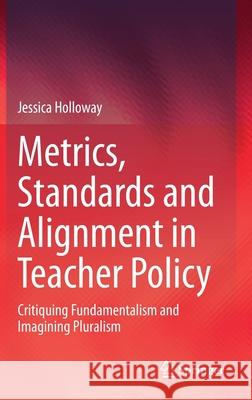Metrics, Standards and Alignment in Teacher Policy: Critiquing Fundamentalism and Imagining Pluralism » książka
topmenu
Metrics, Standards and Alignment in Teacher Policy: Critiquing Fundamentalism and Imagining Pluralism
ISBN-13: 9789813348134 / Angielski / Twarda / 2021 / 168 str.
Metrics, Standards and Alignment in Teacher Policy: Critiquing Fundamentalism and Imagining Pluralism
ISBN-13: 9789813348134 / Angielski / Twarda / 2021 / 168 str.
cena 402,53
(netto: 383,36 VAT: 5%)
Najniższa cena z 30 dni: 385,52
(netto: 383,36 VAT: 5%)
Najniższa cena z 30 dni: 385,52
Termin realizacji zamówienia:
ok. 22 dni roboczych.
ok. 22 dni roboczych.
Darmowa dostawa!
Kategorie:
Kategorie BISAC:
Wydawca:
Springer
Język:
Angielski
ISBN-13:
9789813348134
Rok wydania:
2021
Wydanie:
2021
Ilość stron:
168
Waga:
0.43 kg
Wymiary:
23.39 x 15.6 x 1.12
Oprawa:
Twarda
Wolumenów:
01
Dodatkowe informacje:
Wydanie ilustrowane











